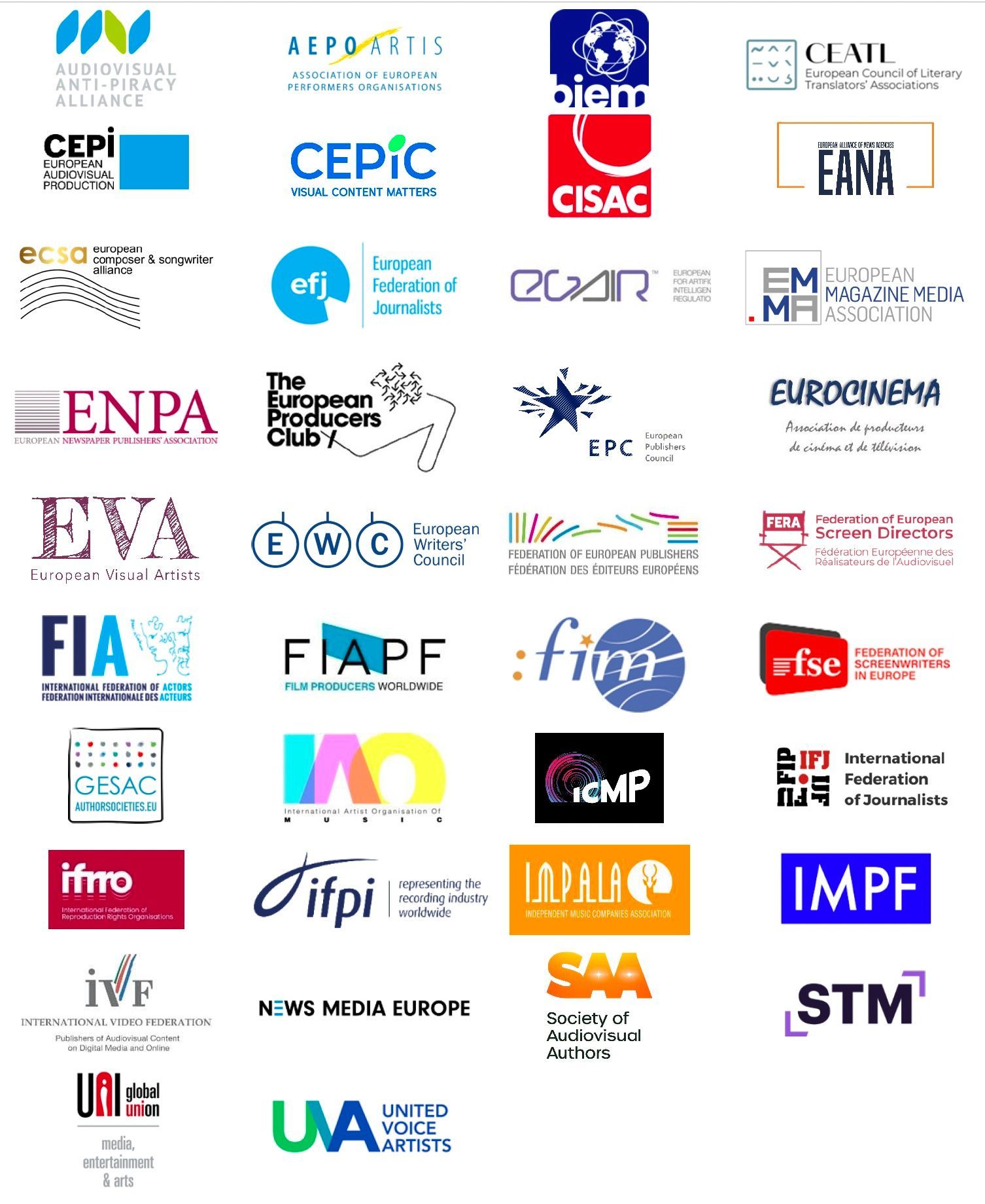AAPA submits its contribution to the European Commission’s Public Consultation on the Counterfeit and Piracy Watch List for 2022
4 April 2022

In February 2022, the AAPA submitted its contribution to DG Trade’s latest “Counterfeit and Piracy Watch List”. This contribution was an opportunity to highlight the main actors involved in intellectual property rights (IPR) infringement outside the European Union (EU), and to raise consumer awareness about this plague.
AAPA’s membership also underlined the harms caused by piracy of audiovisual content for the whole audiovisual value chain and reiterated that the challenge of audiovisual piracy needs to be met on multiple levels, including educational campaigns, use of technology, and increased enforcement activity. However, this needs to be led by action from legislators and policymakers using a range of instruments to create a fit for purpose regime and allow effective enforcement.
The AAPA aimed at mapping out different type actors that are involved in development, promotion, distribution, application, or use of technologies to allow illegal access to content and to complete the previous Counterfeit and Piracy Watch List, published by the European Commission in 2020. The AAPA has identified 5 main categories of actors that facilitate piracy of audiovisual content:
Cyberlockers
· A cyberlocker is an online data hosting service that provides file-storing and file-sharing services for various types of media files and data within a secure storage architecture. They can be accessed globally over the Internet and allow users to easily upload files from personal devices (e.g., computers, tablets, or smartphones) to a remote hosting server. After the uploading, the cyberlocker usually generates a URL link (sometimes more than one) for the uploaded file. The URL link(s) can then be shared with other users by different means.
· While cyberlockers can be used legally, nowadays, it can be easy to detect illegal content hosted on them. Cyberlockers give access to a substantial amount of copyright-protected content, uploaded anonymously into their hosting servers. Some cyberlockers are willing to cooperate and even have set up Advanced Takedown Tool (ATTs) to facilitate the notice and takedown process. However, this does not represent a norm.
Hosting Providers
· Hosting provider companies offer the necessary technical means to host many pirate organisation websites and streaming platforms. They can offer mutual hosting services (typically for linking/indexing websites), dedicated servers, or CDN services (streaming platforms and IPTV services).
· Hosting providers are a notable issue for live streaming piracy. One of the main problems rightsholders face is that several illegal streaming sites are hosted on the servers of those companies.
Live Streaming platforms
· A significant proportion of piracy that our members (especially rightsholders of live content and broadcasters) are facing is related to illegal streaming. Streaming sites/CDN-like platforms offer pirate streamers free/ad-supported/paid services. Some do not require any form of login/account to access their services. Pirate source streams push the live feed from a computer or encoder to the platform and receive a live stream URL they can publish on any online resource.
IPTV & Streaming APPs
· Internet Protocol Television (also known as “IPTV”) is a digital television service delivered through the Internet Protocol network. IPTV is part of a novel service designed to facilitate access to audiovisual content.
· IPTV provide access to digital TV over the IP transport medium from a “head-end” device to the final users. IPTV services work on Smart TVs, Android set-top boxes, and applications, but they may also include other services such as web access. The service providers involved in offering legal IPTV services in different countries worldwide are broadcasters, telecommunications companies, and private network operators, among others.
· However, countless illegal IPTV services accessible from most countries worldwide are often sold as low-price subscriptions on different terms (i.e., 1, 3, 6, or 12 months) providing a large number of unauthorised copyright-protected content. IPTV piracy is particularly complex and, in most cases, is related to organised cross-border crime.
· More precisely, the website hosting, customer support modules, streaming, and authentication servers of an IPTV service are rarely operated solely from one country. Determining the country an IPTV operator is headquarter in requires an extensive investigation to identify the administrators, and where they are located.
TV Operators
· Some of our members also market their offers via local subsidiaries around the world. As an example, in some African countries, several local operators with strong local ties and established reputations (having signs, brands, etc.) illegally market terrestrial television by broadcasting copyright-protected channels and programmes without the rightsholders’ agreement.
· They have deliberately infringed local IP laws and third party rights for several years. Many of the channels offered by these illegal operators (especially channels that broadcast attractive content such as African and international movies/TV series and sports channels) have been confirmed to be pirated. The channels are pirated in various ways: stolen from legitimate local distributors, or directly stolen from satellites and/or Internet signals before being illegally redistributed, causing significant damage to the rightsholders.











